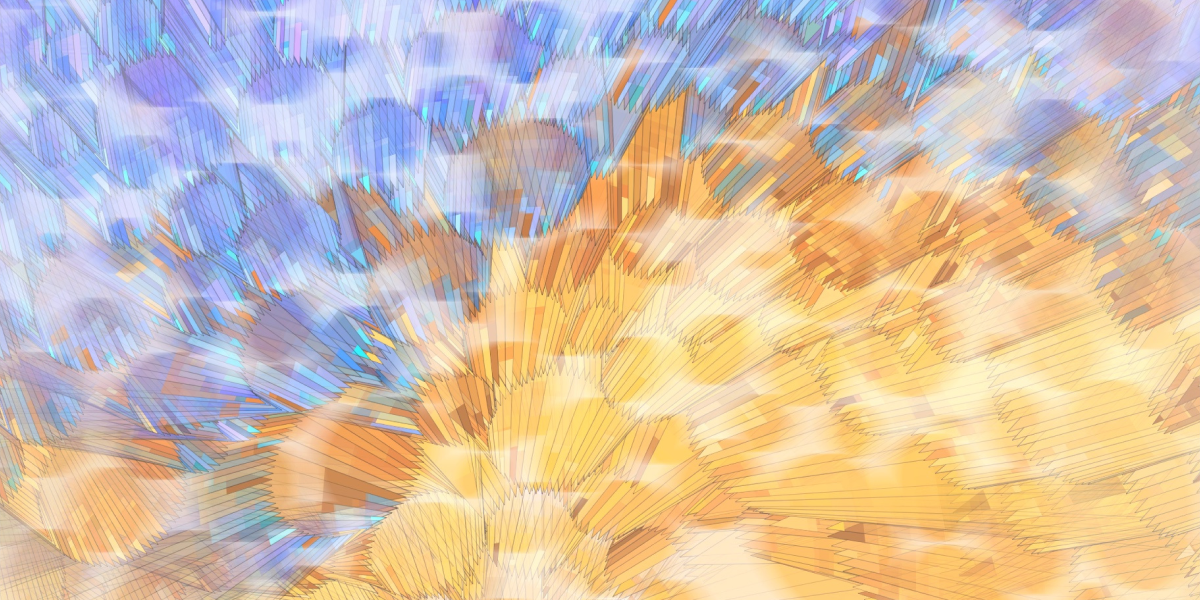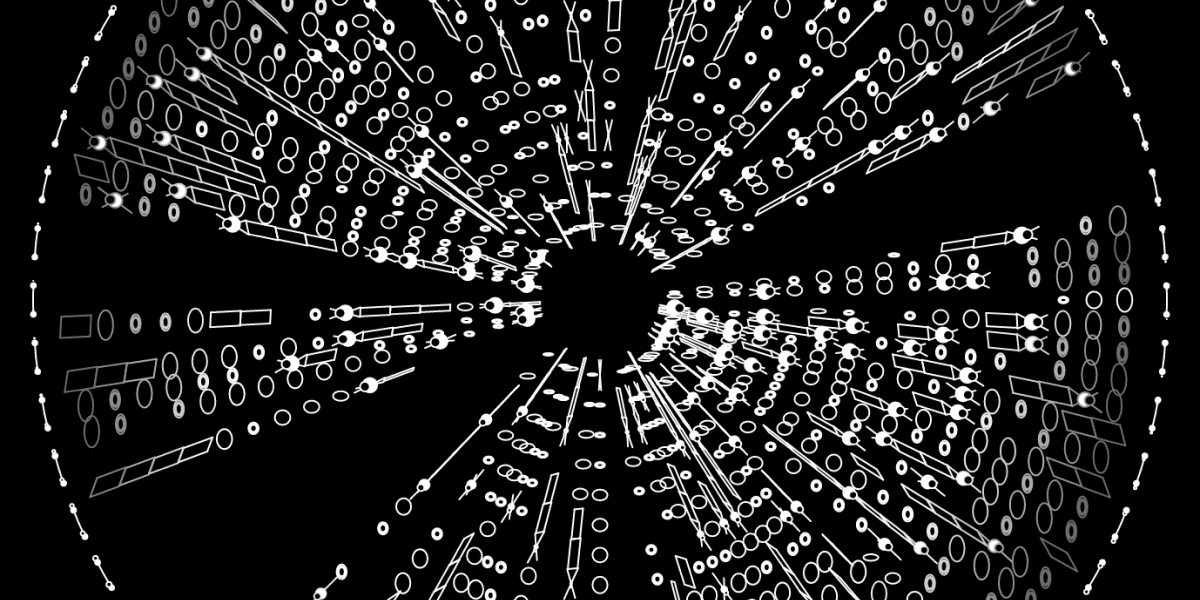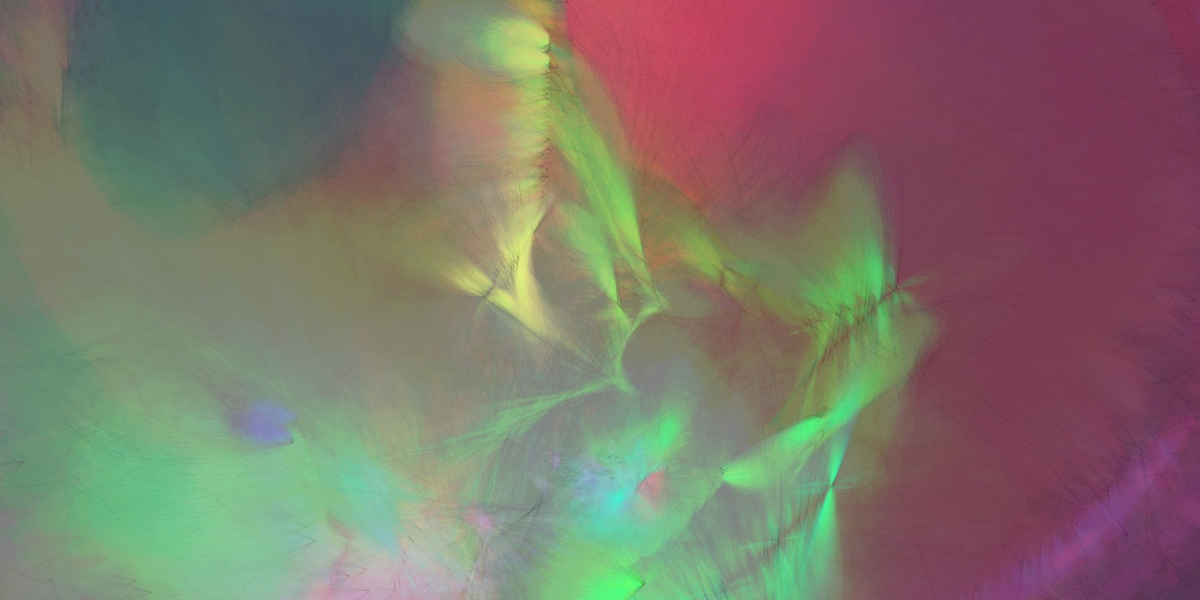"There’s really elegant uses for the blockchain when art evolves dynamically."
Interview with Eric De Guili about his roots as a crypto artist as well as his thoughts on AI, and the Blockchain as a medium.

We spoke to the wonderful Eric De Guili (aka @eeedg__) about his roots as a crypto artist as well as his thoughts on AI, the Blockchain as a medium and how to make the most of digital art.
Do you think that viewers and collectors of generative art should need to understand its code to appreciate it truly?
— Of course, the more you know, the more context you have to place a work in, and the richer it can appear, but I really don't think it's necessary. What does help a lot is simply looking at art, lots of it, in all media, over all time periods. The unique stuff will rise up.

How and why did you become a crypto artist?
— In 2000-2010, I spent a decade creating generative art, long before the blockchain existed. I missed the first era of crypto art, and only became aware of the possibilities of putting art on the blockchain when ArtBlocks formed in late 2020. Since then, I've managed to juggle parenting, art, and my professional life as a physicist.
During 2021 and most of 2022, I released works pseudonymously as @eeedg__ and @pepe_xyz. A lot of my @eeedg work explores themes that I also research in my day job, so eventually, I decided to unmask myself and reveal my creative side to my academic colleagues. Now I'm merging my two identities.

How would you describe blockchain as an artistic medium?
— In the simplest case, it's a ledger, safely recording the provenance of digital art; and this is enough for it to play an integral role in contemporary art as a whole. Going beyond this, generative art also allows the minter to play an active role in the creation of a particular piece: a random number, pulled from the mercurial depths of the blockchain during transaction, breathes life into code, fixing or altering a particular mint. There are also really elegant uses for the blockchain when art evolves dynamically, depending on contract interactions.
What do you feel about AI going mainstream?
— Over time, AI will transform society, but that will take years or decades. In the near future, it will give us digital slaves to do brunt work, like assisting with coding. In fact, many generative artists are already working AI into their practice as a coding assistant. To the extent that AI simply aids the realization of an artist's intentions, we can hardly complain.

But as it becomes more sophisticated, I fear that something will be lost as we divorce ourselves further from its underlying technology. I read on Twitter recently that, because of AI, "humanity will have produced exactly one generation who understood computers", and I think there is a deep truth there. It is perhaps inevitable that the inexorable march of science and technology alienates us from our humble beginnings.
So 'artisanal' art is already a kind of relic, insisting on doing something by hand when it could be made frictionless with AI. But I hope this monastic practice will survive in a few generative artists.

